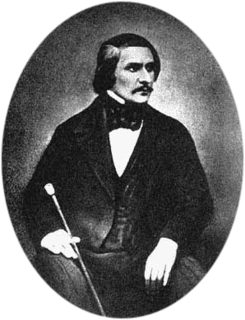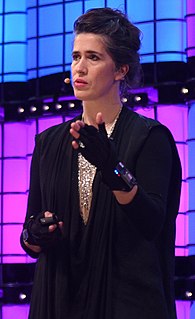A Quote by Nikolai Gogol
There exists a kind of laughter which is worthy to be ranked with the higher lyric emotions and is infinitely different from the twitching of a mean merrymaker.
Related Quotes
There is nothing more distressing ... than the hard, scoffing spirit which treats the allegation of dishonesty in a public man as a cause for laughter. Such laughter is worse than the crackling of thorns under a pot, for it denotes not merely the vacant mind, but the heart in which high emotions have been choked before they could grow to fruition.
I think that the casual reader and the lyric and confession are trickily tied up together. I mean often when I read my students' poems my first impulse is to say, "O, the subject of this pronoun, this 'I,' is whatever kid wrote this poem." The audience for lyric poems is "confessionalized" to some extent. And I think this audience tends to find long narrative poems, for instance, kind of bewildering.
Amid the stillness of the night, in the depths of the ravine, from the direction in which the corpses lay suddenly resounded a kind of inhuman, frightful laughter in which quivered despair, and joy, and cruelty, and suffering, and pain, and sobbing, and derision; the heart-rending and spasmodic laughter of the insane or condemned.
Most of the time, the lyrics are kind of like my secret messages to my friends or my boyfriend or my mom or my dad. I would never tell them that these songs are about them or which specific lyric is about somebody. Often, when I sit down to write a lyric, it is in the heat of the moment, and something has just happened.







































